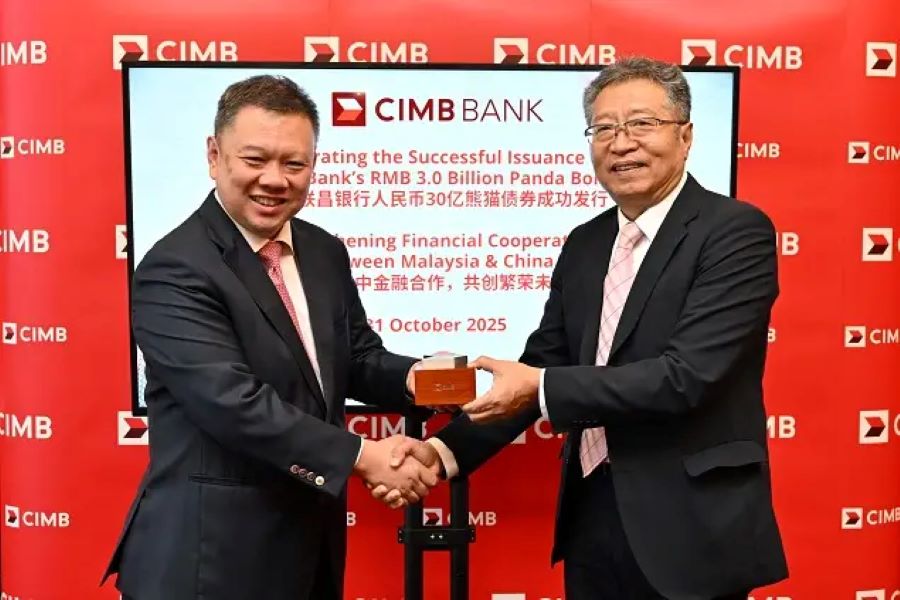
Masdar Acquires 50% Stake in EDF Renewables North America
Masdar, one of the world’s fastest-growing clean energy companies, has announced on Wednesday that the company has further expanded its presence in the United States’ renewables market after closing the acquisition of a 50% stake in a combined solar and battery storage project from EDF Renewables North America.
The Big Beau project, located in California, comprises a 128-megawatt (MW) photovoltaic (PV) solar plant and a 40 MW/160 MWh battery energy storage system. It is one of eight projects that Masdar and EDF Renewables have agreed to jointly partner in, with a combined capacity of 1.6 gigawatts (GW).
H E Dr Sultan Al Jaber, UAE Minister of Industry and Advanced Technology, COP28 President-Designate and Chairman of Masdar, said that Big Beau and the other projects that the company is operating with EDF Renewables were already making an active contribution to US clean energy targets, highlighting the strength of the UAE-US relationship that the recent PACE announcement seeks to build on.
“If we are to keep the objective of limiting global warming to 1.5 degrees alive, we need to see countries coming together in concerted action – one of the key areas of focus for the upcoming COP28 in the UAE. Partnerships between companies like Masdar and EDF Renewables are also vital in ensuring we hold back emissions, not progress,” the Minister said.
Tristan Grimbert, President and Chief Executive Officer of EDF Renewables North America, said that EDF Renewables’ partnership with Masdar enjoys a successful history and they were celebrating another project to add to the growing portfolio.
“Decarbonization of the energy sector will take the combined effort of developers, off-takers, and investors alike working in collaboration toward ambitious goals. We are grateful for our productive partnership with Masdar built on a foundation of progress,” Grimbert added.
Partnering in 1.6 GW Portfolio
Masdar and EDF Renewables North America agreed in 2020 to jointly partner in the 1.6 GW portfolio, which includes three utility-scale wind projects in Nebraska and Texas totalling 815 MW, and five solar projects in California totalling 689 MW – two of which include battery energy storage systems representing 75 MW. All the projects are operational, and combined they are displacing more than 3 million tonnes of emissions per year.
In January, the UAE and US officials announced that $20 billion will be allocated to fund 15 GW of clean energy projects in the US before 2035, led by Masdar and a consortium of US private investors, under the Partnership for Accelerating Clean Energy (PACE) between the two countries.
Mohamed Jameel Al Ramahi, Chief Executive Officer, Masdar, said that the company has a strong working relationship with EDF that originated in the Middle East and now extends across the globe, and they were pleased to further strengthen that relationship today.
“We are also committed to growing our activities in the US over the coming years and see it as an extremely important strategic market for Masdar. I look forward to growing our presence in the US as a developer and independent power producer, as part of our targeted global expansion of reaching at least 100 GW by the end of this decade,” he added.
EDF Renewables, one of the largest renewable developers in North America, is committed to providing solutions to decarbonize the energy sector. With 35 years of experience, 16 GW of wind, solar, and storage projects developed, and 13 GW under operations and maintenance contracts, EDF Renewables provides integrated energy solutions from grid-scale power to electric vehicle charging.
Masdar recently announced a new shareholding structure and additional focus on green hydrogen, making it one of the largest clean energy companies of its kind. With a goal of achieving 100 GW renewable energy capacity and green hydrogen production of 1 million tonnes per annum annually by 2030, the new Masdar is a clean energy powerhouse that will spearhead the UAE’s Net Zero by 2050 Strategic Initiative and drive the global energy transition.















